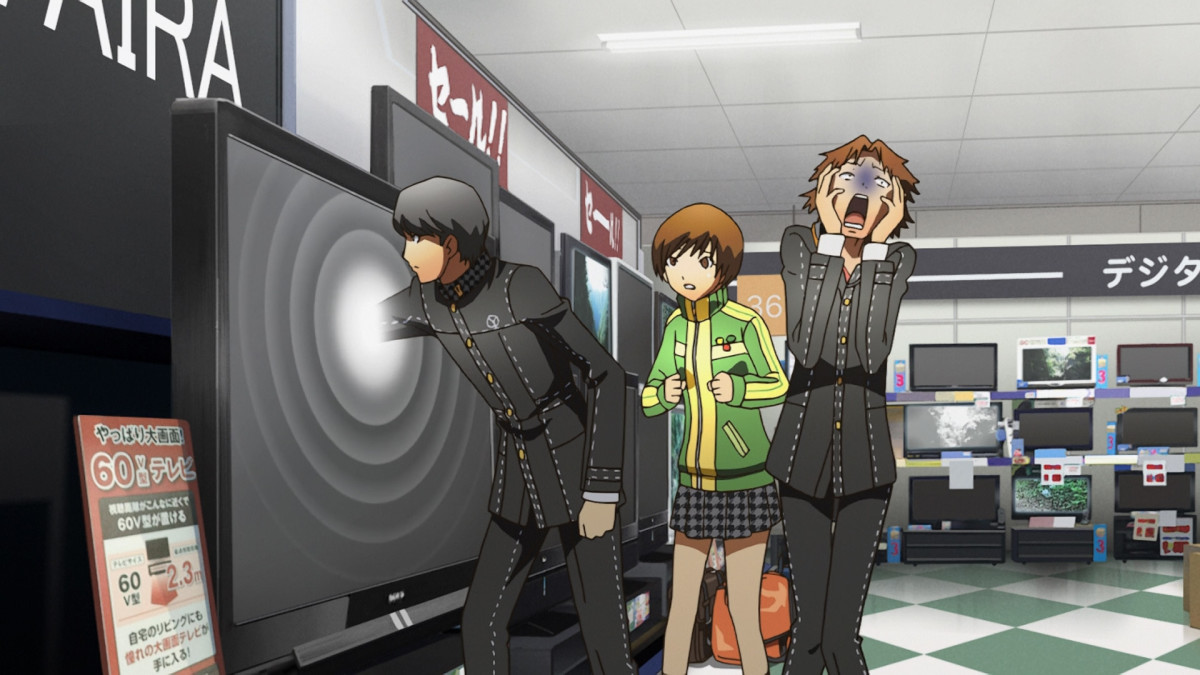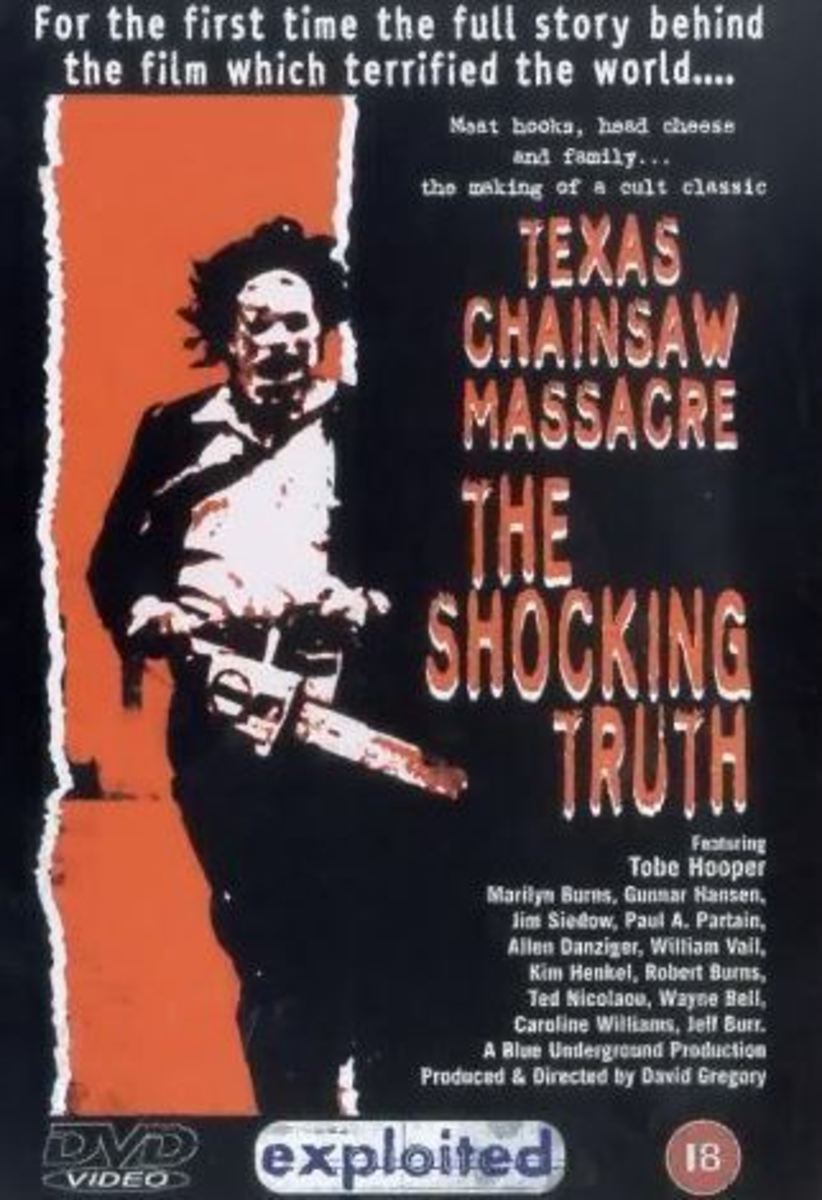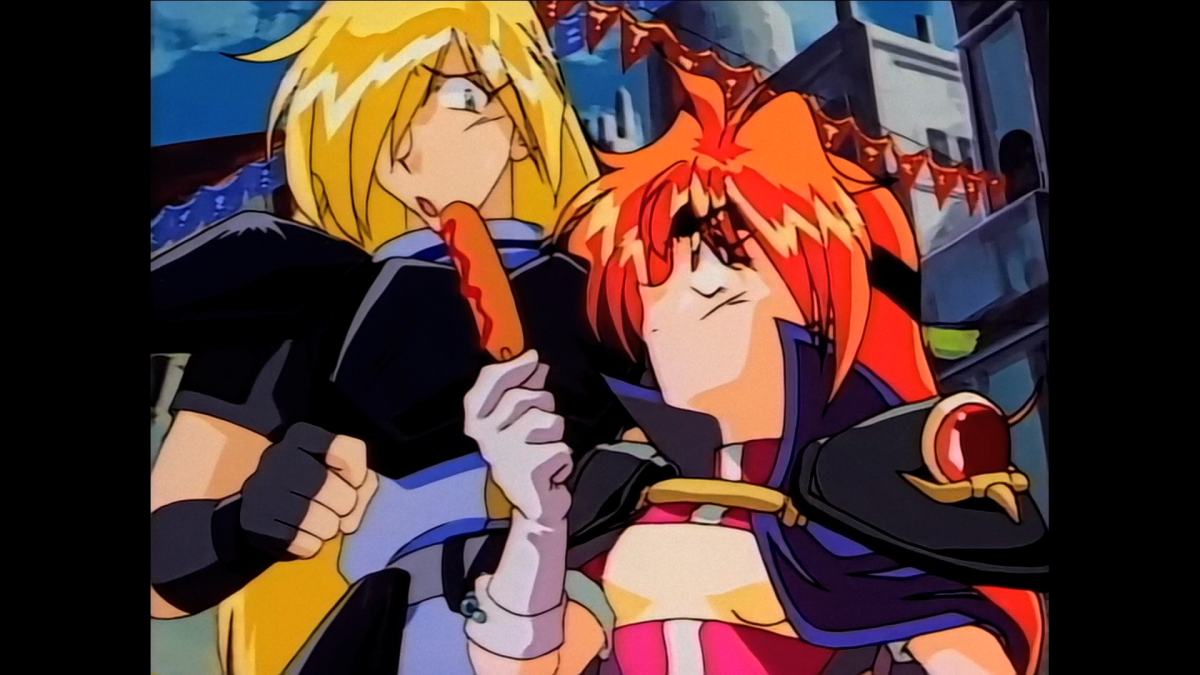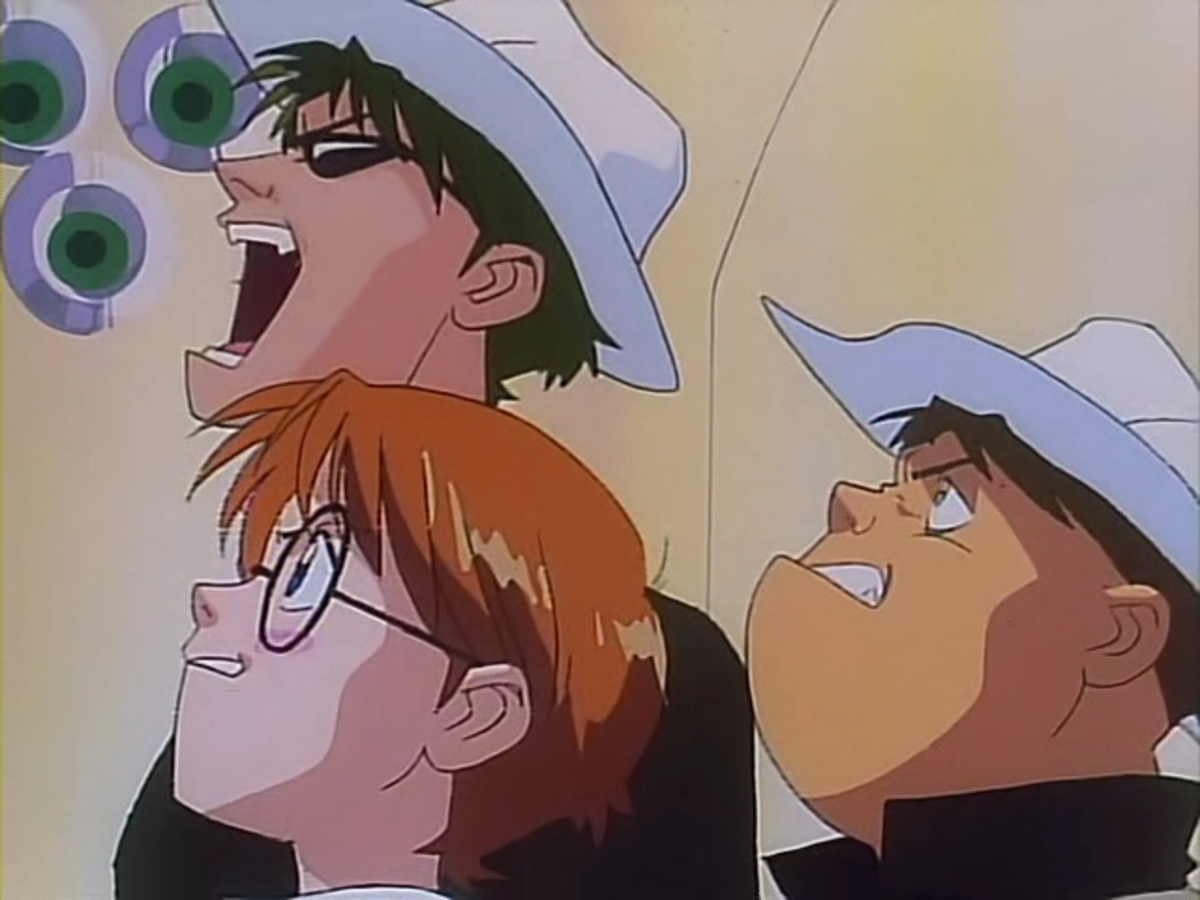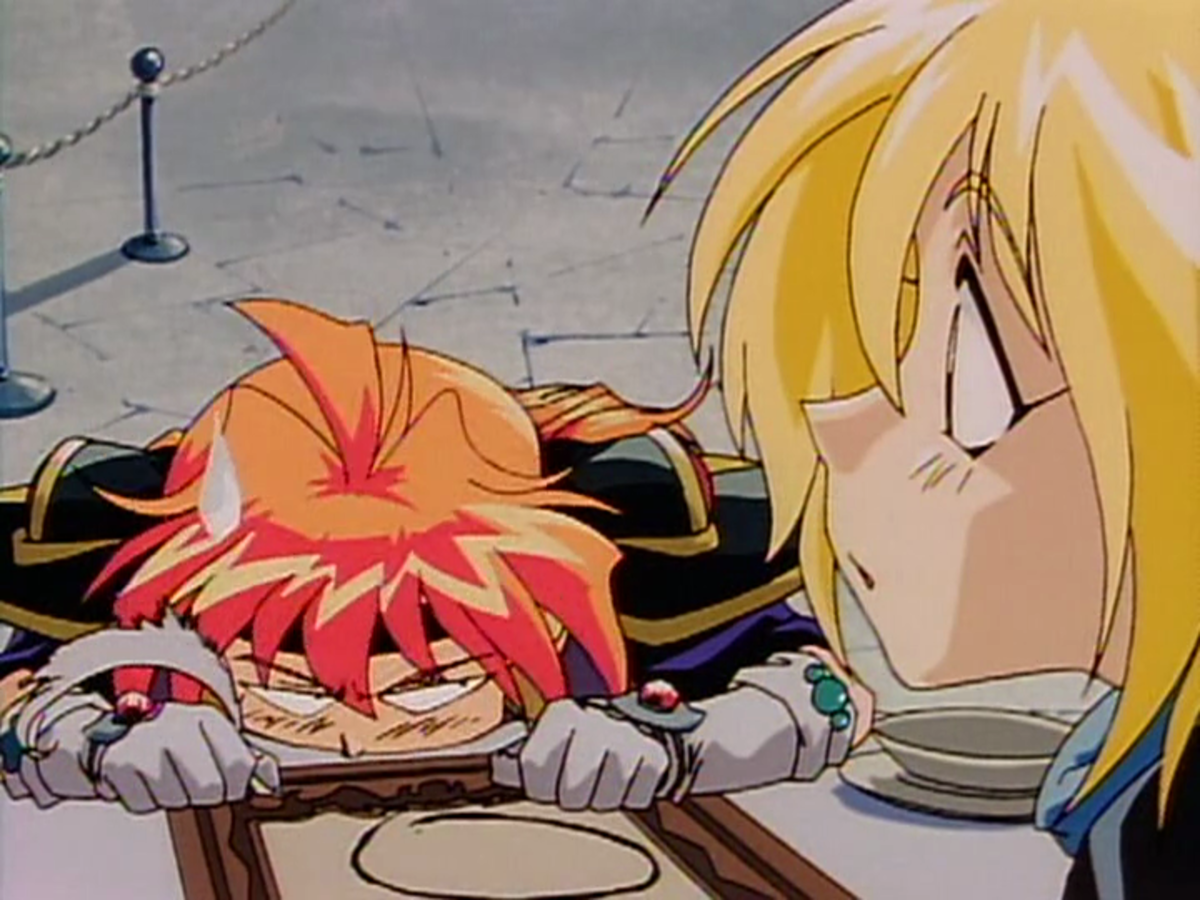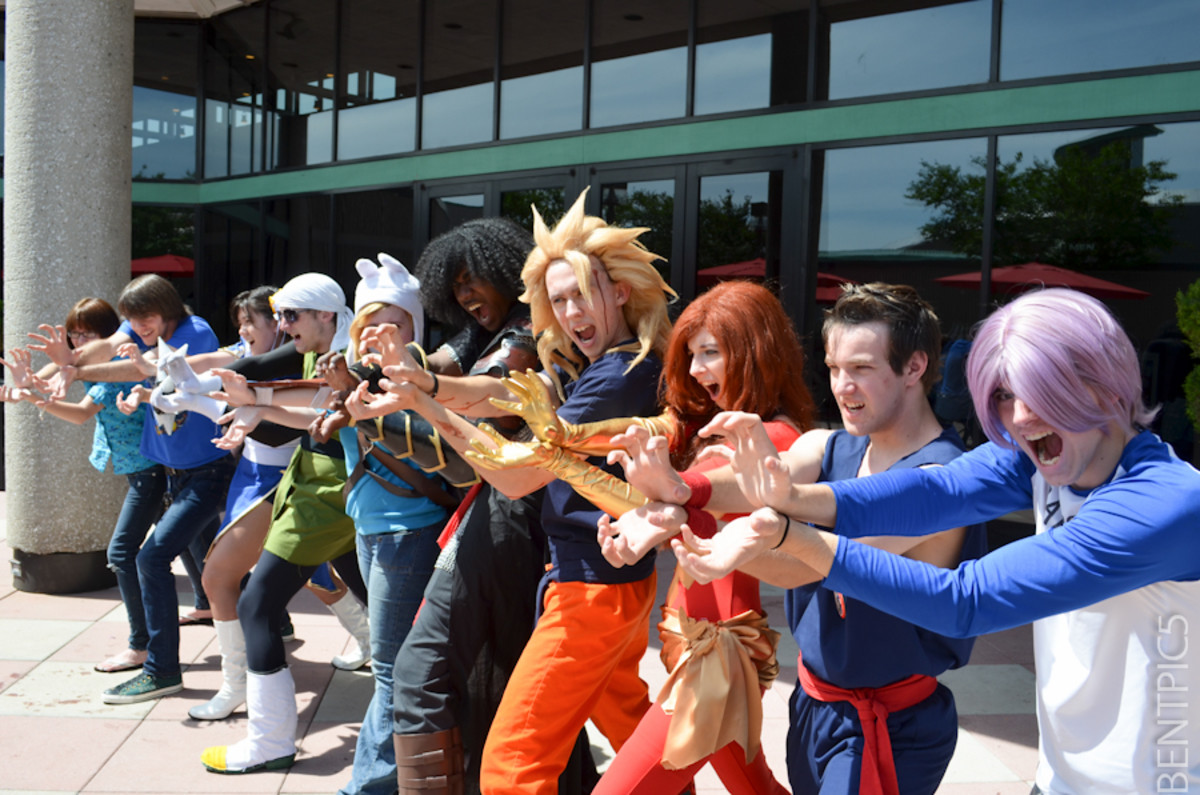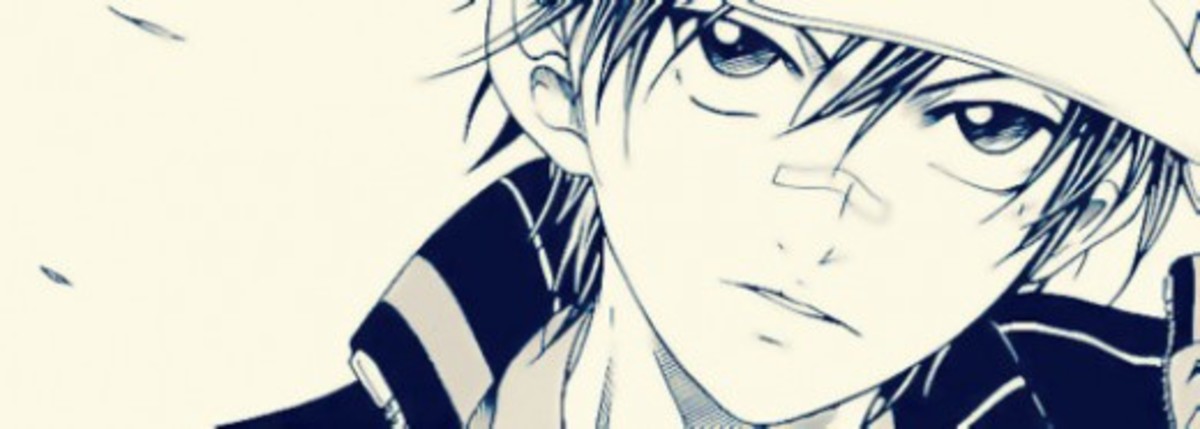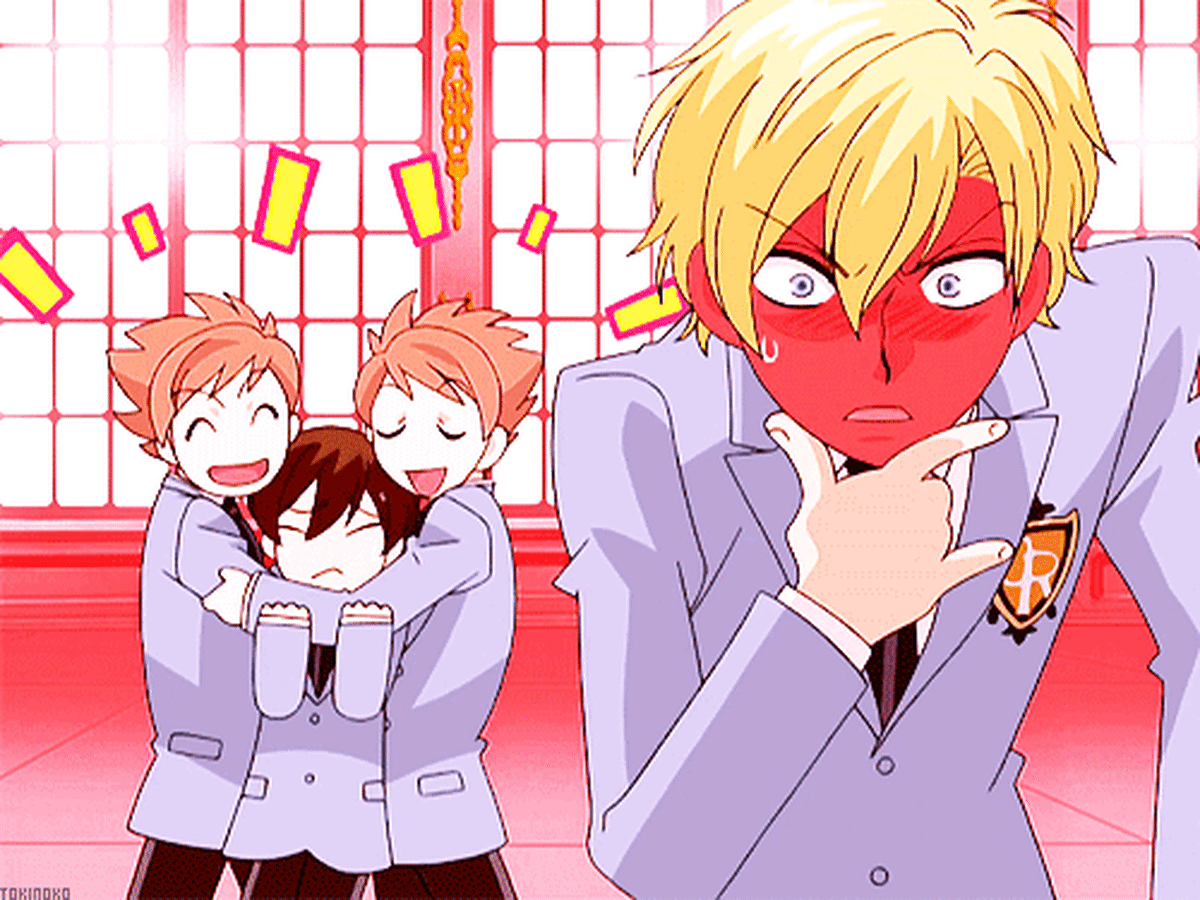Anime Reviews: Perfect Blue
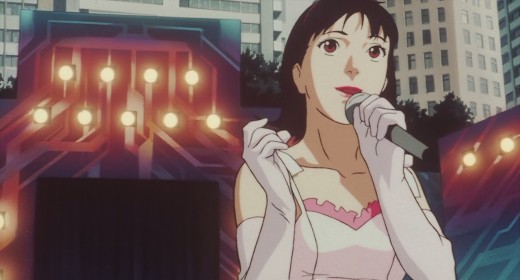
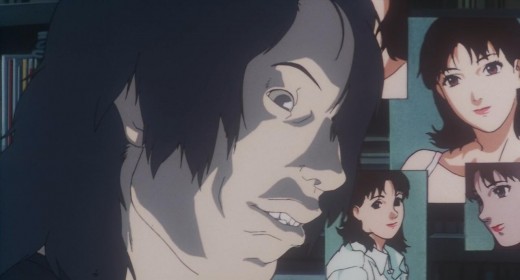
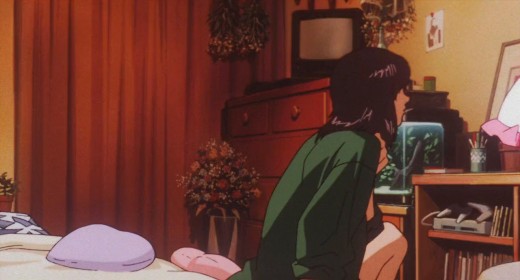
Hailed by Satoshi Kon fans to be his greatest work, Perfect Blue is a chilling, intelligent film that pulls no punches, though it starts off a little slowly.
Title: Perfect Blue
Genre: Drama/Horror
Production: Studio Madhouse
Film Length: 85 minutes
Air Dates: 2/28/1998
Age Rating: 17+ (strong violence, brief nudity and sexual content, dark or disturbing thematic elements)
Summary: Mima Kirigoe is a young and vivacious woman part of a pop idol group called Cham!, whose fans are relatively few but loyal. However, going against the advice of her manager, Rumi, Mima decides the path she must take as an adult in show business is to leave the group and start up a career as an actress, instead. Of course, her fans are sad to see her go, but one in particular seems downright distraught--enter Me-Mania, an uber fan who maintains an online journal publishing Mima's every move from her point of view and sees this career choice as a betrayal to his loyalty. Shortly after, as her new job starts to pick up, Mima discovers the online journal and finds it amusing that someone knows her so well, but when the messages become disturbingly specific and the world around her seems to fall apart, Mima realizes that changing her career path may have been a fatal mistake.
The Good: Haunting atmosphere and cinematography; catchy tunes; exceptionally well-crafted story and characters; clever use of themes
The Bad: Art and animation quality dips in many places; starts off slowly; ending feels slightly off
The Ugly: Staring deeply into Me-Mania's eyes is a leading cause of night terrors
Oh hey, how have I talked about Satoshi Kon before and ignored Perfect Blue for this long? That seems inappropriate. It was the first film the man helmed directly from the director's chair, and many hold it to be his greatest work (and it's easy to see why), so me putting it on the backburner for two years was a pretty big mistake. And it's not even like I've never seen the film before--God help me, I saw this thing when I was just 14 years old--I just never got around to reviewing it. But no more! I will put on my big-boy pants and review this thing once and for all, and hopefully not soil myself again in the process! (Wait, did I say "again"? Eh, no one will notice.)
Now then, what is it that makes Perfect Blue great? To start off, two of the greatest virtues of the film are its extremely eerie atmosphere and clever cinematography. The movie has an unflappable dedication to maintaining an entirely subjective perspective (Mima's, to be precise), so whenever things begin to fall apart for Mima, it falls apart for us as the audience, too. We see all the creepy stuff she sees, and we get lost and dazed and confused like she does, and the torrent of spinning camera angles accompanied by an unsettling score help us relate to our leading lady. In a film like this, where we follow a single character and their struggle, relatability is imperative and Perfect Blue handles it flawlessly.
This completely contrasts with my previous point, but the upbeat pop songs written for Cham! are really excellent, too. The film opens with "Angel of Love," a spectacular dance-pop track with beautiful vocals and a kickass guitar solo (!!!) near the end. "Cherish These Memories" is a heartfelt ballad that serves as Mima's final song in the band, "Alone But at Ease" is a very fun track that plays when Cham! becomes a duo act (and is their big hit), and finally, "Season" serves as the film's end credits theme, and it is the perfect send-off to all the horrific things we've just witnessed, contrasting all that darkness with infectious uptempo optimism. Like I said, it's strange to think that a psychological horror film would have great pop music, but it totally does. And it's weirding me out. But I love it. And that weirds me out. But I love it. L-Let's move on, shall we?
Of course, no movie would be hailed as a masterwork if it didn't have compelling characters or a rich story, so you know what that means: Perfect Blue's either got one or the other or both. In this case, it's both. It's very easy to relate with Mima, as she is just a young woman trying to find fulfillment and prosperity in her work (as many of us surely are), and her anxiety to be successful, both commercially and personally, leads her to make bad decisions and degrade herself in the process. And we watch her (and even some of her close friends) fall apart because of it. Naturally, as the film centers around Mima, she gets the most development and focus, but we still get plenty of insight into everyone else. Rumi is a very protective older-sister figure to Mima, and we really feel her concern and frustration with the decisions Mima makes. Mima's boss, Mr. Tadokoro, is depicted as more of a business-centric kinda guy, but he also shares some concern for Mima's well-being and tries to cheer her up when she's feeling down. Photographer Murano, leading actress Eri, and director Shibuya are also interesting characters despite their brief screen presences. And let's not forget Me-Mania, who is a very disturbing young man that you'll not be forgetting anytime soon. Short Version: The characters are all memorable and multi-faceted, and they're part of what makes the movie great.
Naturally, this goes for the story, as well. It's a very, very engrossing murder-mystery with a lot of playing around with perspective and narrative flow and time and memories and it's just amazing, you guys. Alongside the narrative are various thematic elements, dealing with issues like the crisis of identity, the faultiness of perception and subjectivity, feminism and what it means to be a woman in a patriarchal society, and on and on. There's so much to uncover and explore in Perfect Blue, and it's not uncommon to find actual scholarly essays written on the subject. I'm not big on reading scholarly essays, though, so I direct you to a more accessible source: Leon Thomas, the guy who produces Renegade Cut over at Channel Awesome, recently posted a video covering many of the themes the film covers, and he's a lot smarter than I am, so he can more adequately explain all this than I ever could. I would advise checking it out after seeing the movie, though, as there be spoilers afoot. There's a lot of food for thought present in the film, that's for sure.
And now the time has come for me to moan and complain and nitpick, hasn't it? Ugh. The first thing I'll say is that, for a Studio Madhouse production, the visuals are surprisingly inconsistent (this was an issue last time, too!). Especially early on. Characters will be devoid of detail, the art will shake with the lifelike appearance of a cardboard figure on a stick, and there are even shots where the backgrounds shake like it's 1923 all over again (Tokyo earthquake jokes for a movie taking place in Tokyo are tasteful and inoffensive, right?). I don't have much else to say about this, so let's keep going down my list of grievances.
Secondly, along with spotty animation, the first half is also very slow and seems to linger on unnecessary events for a little too long. Did the fight among the fans at the concert need to be 3+ minutes long? I highly doubt it. Again, not much else to elaborate on--the film just starts off slowly, and you'll have to wait it out.
And finally, this may be spoiler-y, but the final scene of the film just feels a little off to me. After the horror has subsided and normalcy returns to Mima's life, she appears to have returned to her vivacious and confident demeanor from the beginning of the film. I mean, it's satisfying to see our heroine overcome such a horrific trial, but it always felt wrong to me that she'd come out of this traumatic experience relatively unscathed. Or at least, reached that point so quickly. I can't even really count this as a flaw, as it just might be my own opinion, but it's just so odd to me that Mima gets over this thing in the span of a few weeks to maybe a few months. I'd still be holed up in my apartment with the doors barred and windows boarded!
With all that said, minor flaws like these are insignificant in the face of a truly brilliant work of psychological horror. This film cemented Satoshi Kon's good name in the annals of cinematic greatness, and it's all-too-easy to see why once you've experienced Perfect Blue for yourself. Admittedly, it's not my favorite Kon movie (hello there, Millennium Actress), but I'd be lying if I said the competition wasn't a fierce one. If you're even remotely into these kinds of thrillers, I would highly urge you to pick this up, usher the kids into their rooms, and enjoy/never feel safe leaving the house ever again.
Final Score: 9.5 out of 10. Perfect Blue's enthralling narrative, foreboding atmosphere, and intelligent themes make it a classic that should be in the collection of anyone who calls themselves a fan of psychological horror.

